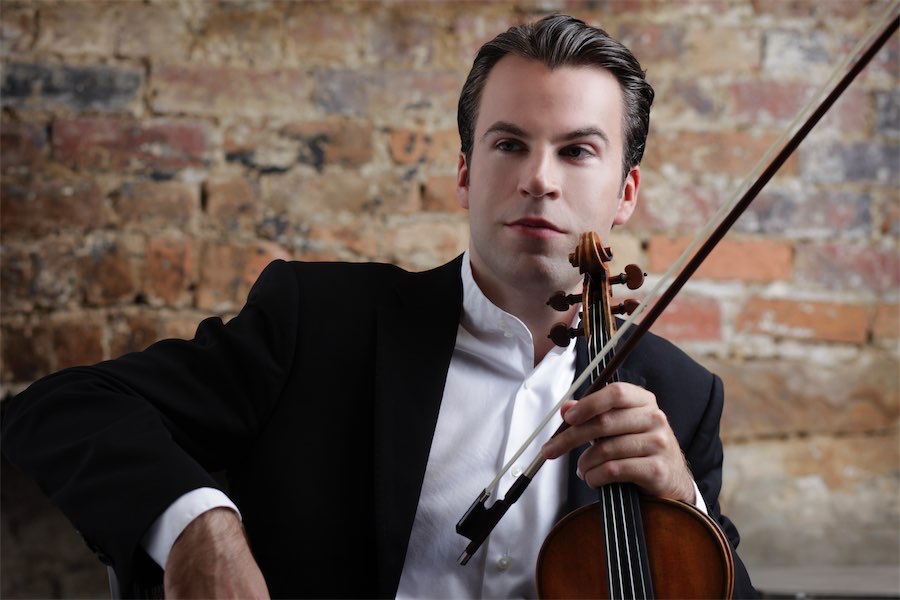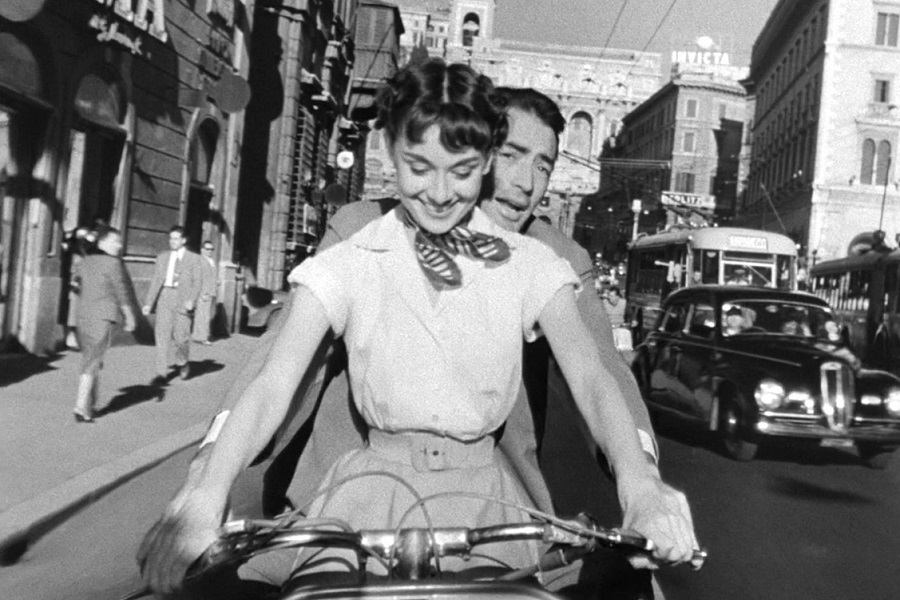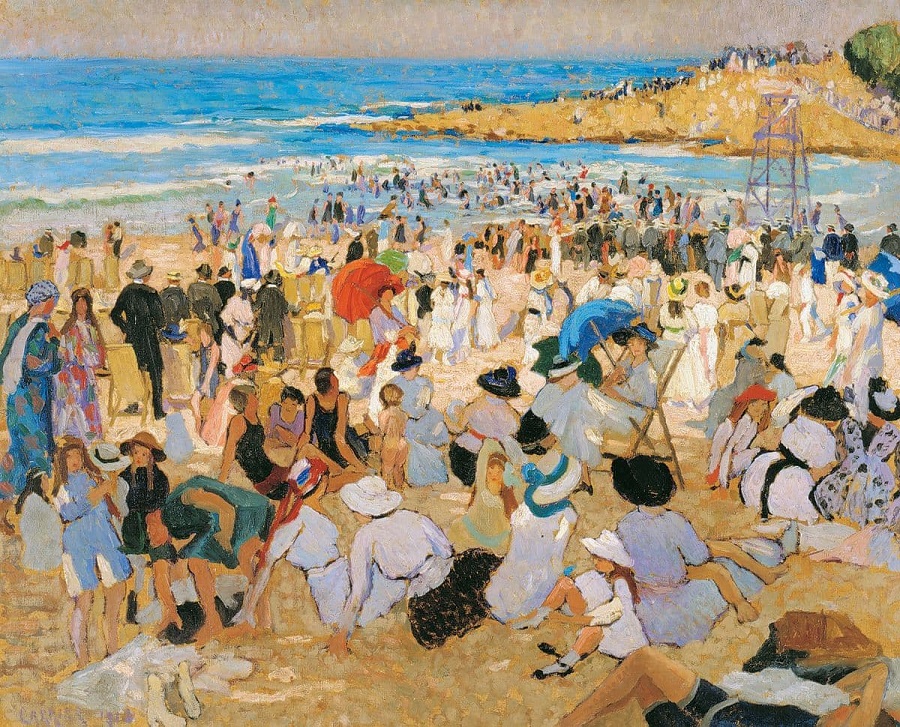
WHEN violinist Daniel Röhn and pianist-poet-essayist Simon Tedeschi appear to perform at Snow Concert Hall next month, it’ll be far more than a tribute to “The Roaring Twenties”.
For the German-Swedish Röhn virtuoso and scion of a famous German musical family whose project “The Golden Violin – Music of the ’20s” premiered with the London Philharmonic Orchestra in 2019, wants to pay homage to the fertile artistic period between the two world wars.
Tedeschi, the Australian virtuoso pianist known for straddling classical and jazz traditions, is a George Gershwin tragic whose 2012 album, “Gershwin and Me” raced to the top of the ARIA Classical list.
Both are now in their 40s, both were child prodigies in their time and both have the gift of the gab, so the promise of being “ushered into the salons of bygone times”, as the promo goes, seems very likely to become a reality.
When I caught up with Röhn by phone to Kiama, NSW, where’s he’s been spending time with his young daughter, he tells me he met Tedeschi a few months ago.
“Simon is with me all the way; he is fantastic with words and we’ll both be speaking in this concert. I’m very happy that we have found each other,” he says.
Röhn suspects Canberra audiences may be surprised by some of the choices in the coming concert, which he says contains mostly, though not only, short pieces – not so common in classical concerts these days, but something very often done 100 years ago.
That time, he reminds me, was when the recording business was new and you couldn’t record anything longer than a few minutes, so it took real genius to make new works.
“It started out with Caruso and then Fritz Kreisler [one of his favourite composers, whose works he has recorded], who composed like there was no tomorrow.”
“It was very normal to set up a recital with shorter pieces, but the habit has almost totally died out, and these days ‘normal’ recitals consist of sonatas and major works.”
It was while doing a “normal” classical concert that Röhn had his Damascus Road moment.
“A moment occurred when I decided where I wanted to go with this,” he says. “When I came to the end and the encore, I noticed that the feeling in the audience almost completely changed. There was something in the air. There was a sense that the artist was finally saying something.
“The public was obviously a bit relieved, and I thought it would be nice to create this atmosphere a bit earlier than just before the audience goes home.”
That’s when he decided to present short pieces and from being restrictive, he found that there were so many compositions to choose from – “this repertoire is gold, musically.”
The decision led to the concept of having stories to tell people – not to lecture – a few personal stories about the music.”
But when I ask Röhn to give me a sample anecdote, he is momentarily flummoxed, saying: “But they’re just stories that pop into my head.”
Happily, when we start talking about his inclusion of Debussy’s music, an example does pop into his mind when he reflects that the work he’ll be playing, “Sonata for Violin and Piano in G minor”, a very short work of only 12 or 13 minutes composed in 1917, was in fact his last completed composition.
“He was going crazy and he saw a world falling apart in the war… Every time I play this Debussy, I find new things… I picture vampires emerging from their graves, hobbling towards him, all kinds of images go through my head.”
Röhn believes there is a special talent involved in telling the musical story quickly.
“You have to do everything within three minutes, you don’t have much time, but audiences won’t be shortchanged… the music we’ve chosen is not cheesy, it’s fantastic, proper music and that is our point.”
Daniel Röhn and Simon Tedeschi, Snow Concert Hall, October 7.
Who can be trusted?
In a world of spin and confusion, there’s never been a more important time to support independent journalism in Canberra.
If you trust our work online and want to enforce the power of independent voices, I invite you to make a small contribution.
Every dollar of support is invested back into our journalism to help keep citynews.com.au strong and free.
Thank you,
Ian Meikle, editor




Leave a Reply